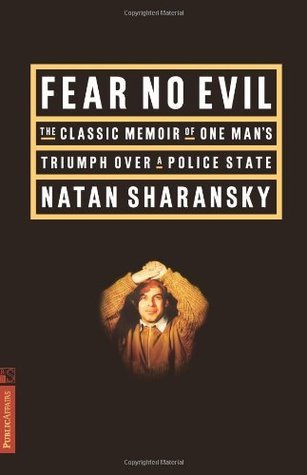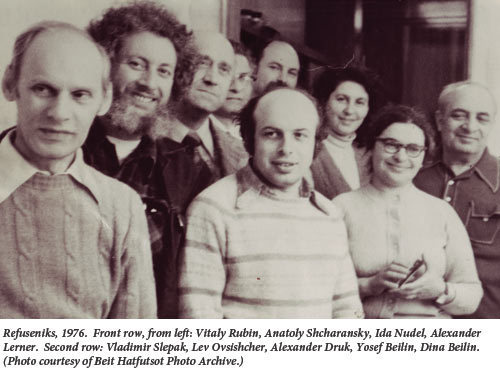What do you think?
Rate this book


464 pages, Paperback
First published January 1, 1988

For many of us the scientific-technological revolution arrived at precisely the right time, with the world of science as a kind of castle where you could protect yourself from the shifting winds of official ideology. (p. xii)
The special relevance of the Passover story to a group or refuseniks in Moscow was so obvious that nobody had to point it out… That night I came across a moving line in the Passover liturgy that would stay with me forever: “In every generation, a person should feel as though he, personally, went out of Egypt.”
During his investigation, Volodia [Vladimir Poresh, a Russian Christian] suffered greatly from his brief vacillation because of the possible harm he could have caused his friends. In my opinion, however, what really made him suffer was the realization that he was insufficiently prepared for his encounter with evil. Poresh lived with the belief that his every step, his every act, was being weighed and measured above. This quality, together with his kindness and his utmost sincerity, won me over to him.
He was also the organizer of the election campaign, and he told me that when he and his coworkers found something “wrong” on the ballot, they would replace that ballot with one from the pile of “correct” ones.
“But wait,” I said, “we are always told that the election results are ninety-nine percent.”
“True,” he replied, “but that’s the responsibility of the higher-ups. We’re supposed to deliver one hundred percent.”
Fortunately, although the winds in the Urals are strong, they frequently change direction, and after two or three days of being chilled by wind there would be a period of relative calm when I could rest while lying on the wooden floor.
I recalled one of the first postcards Avital had sent me from Israel: “Here the sun is so bright that you immediately realize what a gloomy, terrible place we are leaving.“ That line stayed with me throughout my imprisonment.